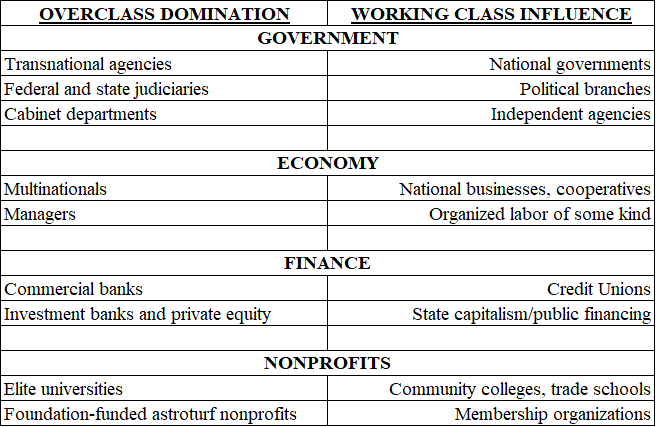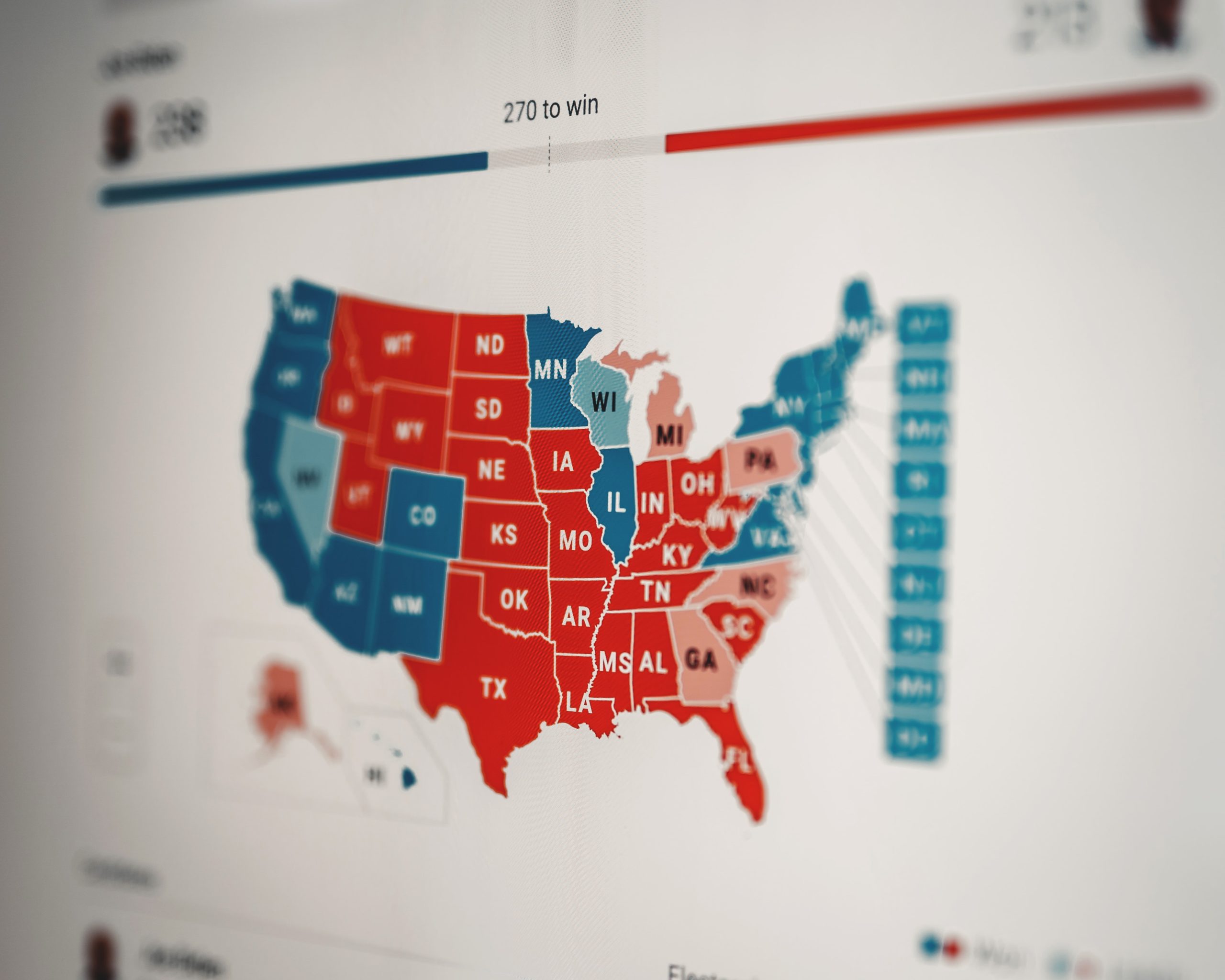

RECOMMENDED READING
In the 2020 presidential election, Donald Trump’s share of the white vote shrank while his share of the nonwhite vote increased. In Congressional and Senate elections, many Republican candidates benefited from increased support from nonwhite voters, particularly Latinos. And the Republicans continued to pick up high-school-educated working class voters while losing more educated voters to the Democrats.
Despite these gains, the Republicans overall lost the majority of voters in every racial group other than non-Hispanic whites. The GOP has a long way to go before it wins the majority of the working class in all racial and religious groups.
As a practical matter, it is unlikely that any party in any democracy will ever get the unanimous vote of the working class of all races, religions and regions. In the U.S., only about a third of citizens have college educations. If education is treated as a proxy for class, then a party that got one hundred percent of the working class would win two-thirds of the vote in every election.
Political party strategists know this, so all parties will always seek to form a multi-class coalition by winning over some but not all working class voters on the basis of appeals to identities, values or interests other than economic class. Every successful party in every democracy will have some working class members, some members of the managerial-professional overclass and some rich capitalists, of different kinds and in different proportions.
Does it matter? The permanent division of the working class majority among different parties is only discouraging if the premise is that champions of the working class should focus on controlling one party and then winning elections in order to push through pro-worker policies from above. But that is not a realistic goal. The only realistic goal is a long-term program of incrementally restructuring the institutions of modern democracies, to shift power in the realms of government, the economy, and the culture away from institutions dominated by the college-credentialled overclass–transnational organizations, the judiciary, the White House and Cabinet departments, multinational corporations, commercial and investment banks, major universities and foundation-funded “astroturf” nonprofits–toward institutions in which working-class citizens have greater if limited influence–national governments, Congress, independent agencies, organized labor and producer cooperatives, credit unions and public financing agencies, and community colleges and vocational training schools.
Such a gradual pro-worker power shift cannot be undertaken all at once by a single party with a temporary majority. It is not a single, one-time reform, but a generational program made up of many particular institutional reforms, which may be supported by different coalitions in each case. Most of the time, these institutional reforms would be enacted only with the support of trans-partisan coalitions that cut across party lines.
The ultimate goal of shifting power from some institutions to others is to rebalance the dangerously top-heavy American class system. It is to reduce the excessive power of the college-educated overclass in the U.S. while increasing the power of the working-class majority. The goal is not to eliminate the overclass or replace unchecked overclass domination with unchecked working class domination. This is a reformist, not a revolutionary program. Its goal is inter-class harmony in the national interest, not class war or a one-class society.
To achieve the goal of cross-class national unity, purely formal government checks and balances are not enough. What America lacks today and desperately needs are social checks and balances.
America needs the judicial and executive branches to be strong and effective within their limited spheres—but they must be checked and balanced by Congress and independent agencies that are more open to influence by non-elite Americans.
America needs dynamic multinational corporations—but they need to be checked and balanced by organized labor and small producers, including small-producer cooperatives.
America needs great commercial banks and investment banks—but they need to be checked and balanced by credit unions and public finance.
America needs elite universities and generous philanthropic foundations—but they must be checked and balanced by community colleges, religious congregations and membership-based civic associations.
What is needed, then, is a gradual, decades-long, transpartisan movement of national renewal that will reduce the dangerous concentration of power in a few individuals from a few families and a few universities in a few organizations located in a few big cities. Members of the high-school-educated working class would benefit the most from such an institutional power shift, but so would American society as a whole. But while the pro-worker power shift would be for the workers, it would not be exclusively of and by the workers. The leadership of the movement can be expected to come disproportionately from educated, affluent members of the national overclass who realize that all groups, including their own, would be safer and more prosperous in a country in which political, economic and cultural power are widely shared among all classes, regions, races and religions rather than concentrated in a small, selfish oligarchy.
Such a power shift would be difficult to enact at first. But it would probably grow easier over time, as a result of “policy feedback,” the scholarly term for the fact that successful programs often create their own constituencies, which will then fight to defend and extend the programs from which they benefit, expanding political support even further.
I will write more about the details of this pro-worker power shift in the weeks and months ahead here on American Compass. For now, I will end with this chart:

Recommended Reading
The Receding Democratic Majority
Demography may be destiny, but its party affiliation is not
The Future of the Biden and Trump Coalitions
While Joe Biden will be the 46th President of the United States and Donald Trump will join the small club of incumbents who could not get re-elected, it’s fair to say that Biden’s triumph was not so overwhelming that it even begins to settle the question of which party will dominate the 2020s.
The Limits of the Realignment
Not many talking points survived November’s narratological cull. The assumption that high turnout would crush Republicans down ballot turned out to be false, with both parties seeing a groundswell of Read more…













